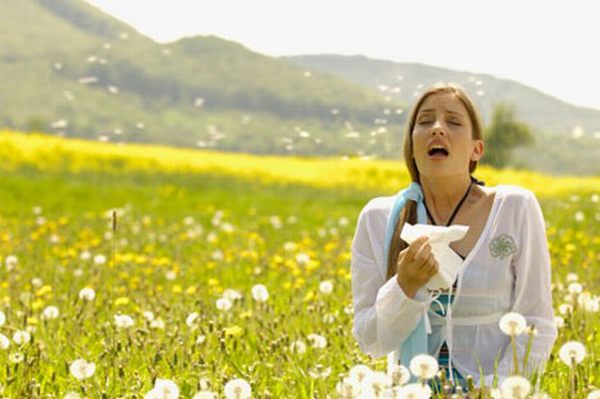People who love to garden may spend the entire year doing something in the yard, but when fall rolls around you may wonder how to treat your allergies. While you may not have experienced allergies in the spring and summer, many still experience allergies in the fall. Thankfully, there are several things you can do to help relieve the symptoms. Whether you take an allergy pill or avoid certain weather, you can still enjoy gardening. Here are a few tips on dealing with fall allergies while gardening.
Prevent Allergies with a 24-Hour Allergy Pill
There are a number of 24-hour allergy pills available over-the-counter. There are also a number available through prescription. Those that want to prevent allergies, and still be able to enjoy gardening, should definitely consider adding an allergy pill to their daily routine. However, you must make sure that allergy pills won’t interfere with any of the medication you’re already on or any conditions you may have, such as high blood pressure. You’ll also want to avoid any medications that make your drowsy. If you’re not sure which medication to choose, always consult your doctor.

Add Local Honey to Your Tea
Many that prefer a holistic approach to medicine suggest adding local honey to their daily routine. The idea is that local honey contains the local pollens that you may be allergic to. Eating the honey on a daily basis can help you become immune to the pollen’s effects. However, there are cases where people simply experience an allergic reaction, which means you’ll want to be careful with this method.
Consider What You Grow
Some flowers, trees, and plants are more apt to cause allergies than others. One thing you can do is visit an allergist to determine which types of flowers you may be allergic to. Some also find relief by planting flowers that must be pollinated by insects rather than self-pollinating plants that put pollen into the air.
Avoid Dry Days When Gardening
Last, but not least, you want to avoid gardening on dry days, especially if the weather has been dry for a long period or if it’s a windy day. When the weather is damp, it’s harder for the pollen to become airborne, which will make gardening much more enjoyable for allergy sufferers.
Allergies can be a nightmare, but there are a number of ways you can help prevent fall allergies while gardening. Whether you want to add an allergy pill or honey to your routine or choose to garden on damp days, you can enjoy the hobby you love without suffering.
About the Author: Thaddeus Vergeer loves working on home landscaping projects and recommends those with allergies incorporate hardscapes so that they don’t have to work as much with plants. Patio paving from installitdirect.com is one option you can use to add a patio or deck to your yard – something you can edge and decorate without spending weeks caring for.

